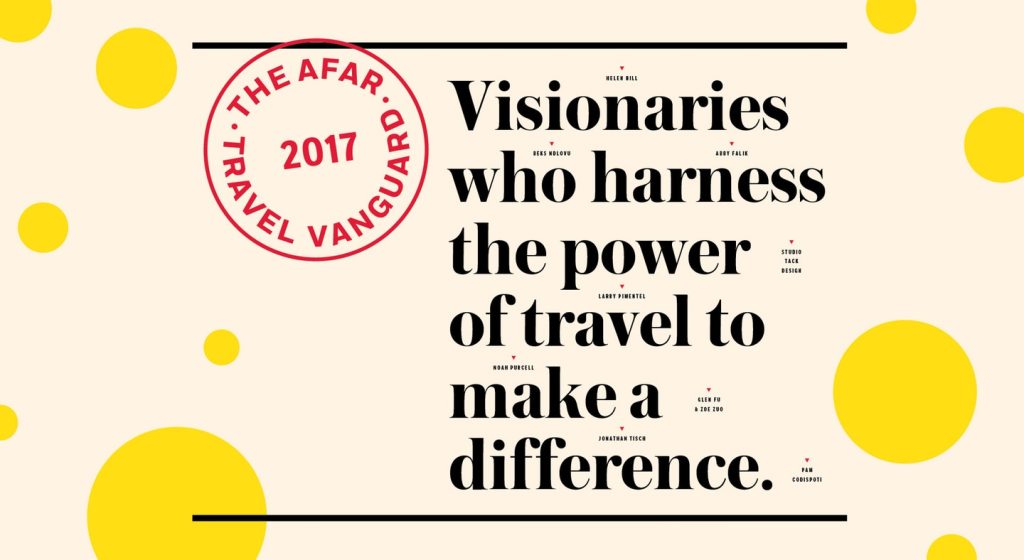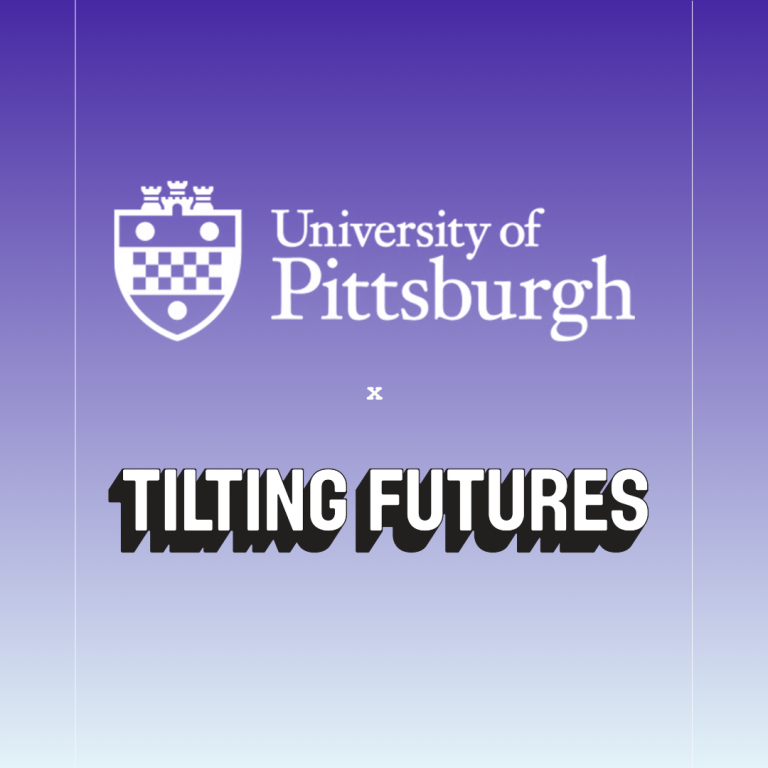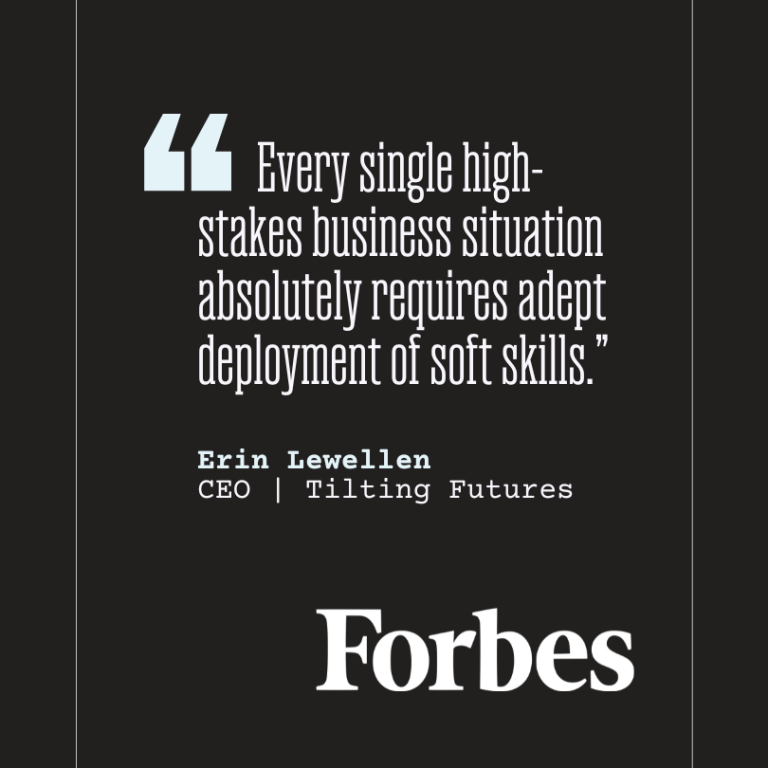In 2016, former President Obama’s daughter Malia took a year off before starting college. Her decision made headlines—but Abby Falik, the founder and CEO of Global Citizen Year, hopes that someday soon, such a choice would be completely expected.
Falik founded Global Citizen Year in 2010 to send high school students to developing countries, including Brazil, Ecuador, India, and Senegal, where they live with host families and apprentice with a wide range of local organizations, from Teach for India, Runa (Ecuador), and local ministries of education and health to agricultural cooperatives and coffee farms. Most students have graduated from high school, have been accepted into college, and are deferring entry for a year. She calls her program a “bridge year” to help kids incorporate the rich lessons that travel can offer into traditional academia.
“It’s a new on-ramp into college that helps kids to develop themselves,” says Falik. “Empathy, creativity, and an entrepreneurial spirit: These are things you can’t learn in a classroom, and we want them to become the hallmark of an American education.”
More than 50 percent of students are minorities, 80 percent receive some form of financial aid, and a third receive a full scholarship. About 20 percent come from private schools. Since its inception, Global Citizen Year has accepted 600 students and granted as many fellowships, and in 2017 the number of participants jumped from 100 to 150.
Falik attributes this rising interest to a broader cultural shift in the United States. “There’s a growing recognition that lives are getting longer, and that college is crammed against the front end of a person’s life before they have opportunities to breathe and explore, and figure out who they are and what they’re about.”
Seven years in, Falik already sees the huge impact Global Citizen Year has made on program alums such as Ami Hanna, who grew up outside of Seattle and spent a year in a rural village in Senegal through Global Citizen Year when she was 18. Her host sister, who was also 18, shared Hanna’s big aspirations for her life. But within that year, she was married off to a man she had never met before, and she was halfway through her first pregnancy by the time Hanna returned home. “Hanna saw big issues such as women’s rights and family planning firsthand.” The experience inspired Hanna to become passionate about family planning and sexual health and to pursue a post-college career as a doula.
Falik is hoping that there will be many more success stories like Hanna’s. Her long-term vision is to grow her organization to the size and impact of Teach for America or the Peace Corps, while finding ways to help students earn academic credit during their time abroad. But in the meantime, Global Citizen Year’s biggest hurdle—beyond growing fast enough to meet the rising interest—is to make the bridge year a normal and accessible part of the U.S. education system. “A narrative shift has to happen,” says Falik. “I want us to reach a tipping point where you feel left out if you don’t do it. That continues to be our greatest challenge.”



